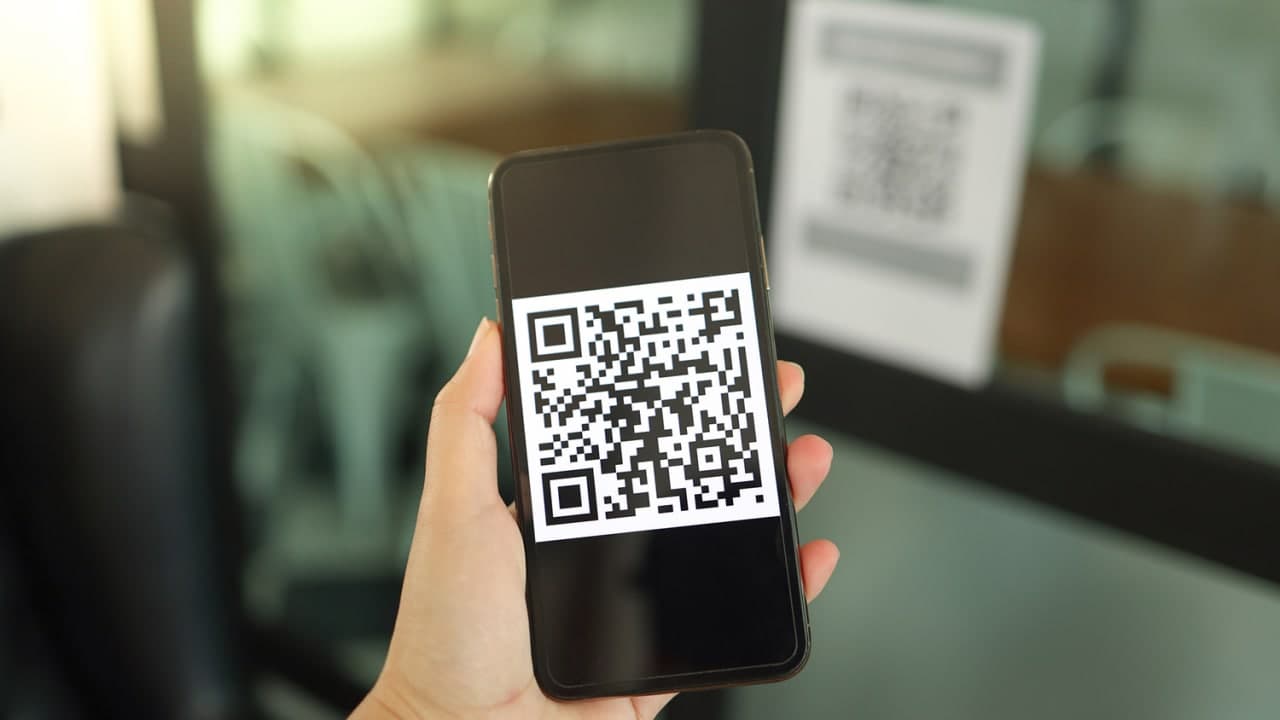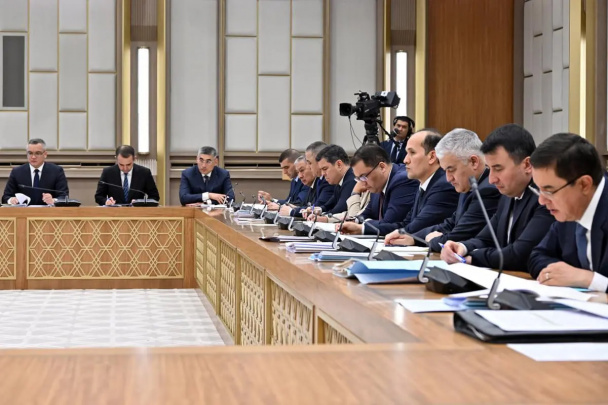People’s ability to make payments via QR-code limited due to new requirement of STC
From November 1, it is no longer possible to pay using QR-code in shops and service stations in Uzbekistan through payment systems such as Click, Payme, Apelsin. The State Tax Commission is also requiring electronic receipts from payment systems. Activists worry that this practice does more harm than good.

A number of payment systems in Uzbekistan were forced to temporarily suspend QR-code payments and several other services starting today, November 1.
Following the request of the State Tax Committee to fiscalize all receipts and the threat of sanctions, payment systems have to carry out technical work.
This causes inconvenience to customers of retail trade and customer service. Activists are criticizing the actions of the Tax Committee. The committee said that it did so for the benefit of citizens collecting cashback.
A number of entrepreneurs have been forced to work only in cash
Click, Payme and Apelsin payment systems, as well as trade and service networks such as Korzinka and Evos reported that QR-code payments were suspended on November 1.
At the moment, a number of online stores and delivery services have to work only with cash or card-to-card transfers (it is impossible to provide all hundreds of couriers with a terminal).
According to Payme’s statement, the State Tax Committee is demanding fiscalization of all payments.
“From November 1, 2022, the scheme of cooperation between online cash registers, payment organizations and fiscal data operators approved by the STC will come into force, and deviations from the approved scheme of cooperation will lead to the application of sanctions by tax authorities.
Due to this situation, our team is required to urgently carry out technical work and temporarily disable the following services: on-the-spot payments, QR-code payment, Payme Go, Telegram-channel payment and some other payments,” the payment system said.
Payme stressed that these features will be rolled out “as soon as possible” and apologized for the inconvenience.
Integration of marketplaces and payment systems with the tax base
The State Tax Committee announced three explanations on the issue: on marketplaces, on payment systems, and the third - “simple explanation”.
According to the committee, for entrepreneurs who sell their goods and services through e-commerce platforms (marketplace), it is possible to create a fiscal receipt directly online, sending the trade transaction electronically to the tax authority. Also, it is not allowed to use a marketplace that is not entered in the State Register.
There is a requirement to connect the payment systems to the online-NKM and thereby integrate them into the information systems of the tax authorities from March 2022. Since March, 12 meetings have been held with payment organizations regarding the implementation of this requirement.
According to the new regulations, an electronic fiscal receipt must be issued when making monetary settlements with the population through the e-payment system. To ensure this, 25 of the 48 existing e-payment organizations have fully completed the integration with the fiscal data operator.
“It should be said that P2P (card-to-card transfer) payment for purchases is being observed in most cases,” the STC said, explaining its decision.
The “simple explanation” announced by the committee some time later reads as follows:
“Citizens, that is, you and we, when making a purchase, we need to receive a receipt and receive 1% of this purchase as cashback. This is our legal right!
Therefore, when paying through mobile applications, the receipt must also be issued in this application. For an electronic receipt, the cashback is automatic.
We believe that it is a normal situation and should be accepted correctly by business entities when they are requested a receipt with a fiscal mark”.
According to the Davletovuz Telegram channel, QR-code payments were the cheapest way for businessmen to accept electronic payments.
“Payment via QR code can be replaced by card-to-card or simply cash”
Firuz Allayev, the founder of Asaxiy.uz marketplace, said that this requirement of the DSC will cause “another inconvenience”.
“I understand that a receipt is required from the seller and each sale is subject to tax. But a payment system is just a means of accepting payment. They do not sell products, they simply withdraw money to the seller, that is, they play the role of a virtual terminal. In this case, the fact that a receipt is required from them is just another inconvenience.
It should be enough that the seller issued a receipt for the total amount. The payment system should pay tax on the commission it receives, but it should not make the operation complicated. I am afraid that the current situation will increase tax evasion,” Firuz Allayev wrote.
Sanctions
The State Tax Committee reminds that if entrepreneurs violate the requirements or procedures established by legislation to ensure integration with information systems, they will be punished in accordance with:
ꞏ Financial sanction based on Article 227-1 of the Tax Code;
ꞏ An administrative fine specified in Article 175-6 of the Administrative Responsibility Code.
Recommended
List of streets and intersections being repaired in Tashkent published
SOCIETY | 19:12 / 16.05.2024
Uzbekistan's flag flies high on Oceania's tallest volcano
SOCIETY | 17:54 / 15.05.2024
New tariffs to be introduced in Tashkent public transport
SOCIETY | 14:55 / 05.05.2023
Onix and Tracker cars withdrawn from sale
BUSINESS | 10:20 / 05.05.2023
Latest news
-
Saudi Arabia drops Uzbekistan from eVisa list; official reason unknown
SOCIETY | 17:58 / 26.04.2025
-
Uzbekistan boosts fuel and gas production despite oil output decline
SOCIETY | 16:55 / 26.04.2025
-
Uzbekistan and Kyrgyzstan reach agreement on joint use of Chashma spring
POLITICS | 12:46 / 26.04.2025
-
Ambassador Henick: Now is the right time for a U.S. presidential visit to Uzbekistan
SOCIETY | 12:08 / 26.04.2025
Related News

13:41 / 21.04.2025
“We did it for you!” says Tax Committee while making life harder for ordinary people by slashing duty-free limits

12:05 / 21.04.2025
New rules hit small importers: Uzbekistan drastically cuts duty-free import limits for travelers

16:03 / 19.04.2025
“Revenue growth should not rely on raising tax rates” – President Mirziyoyev

11:59 / 19.04.2025



